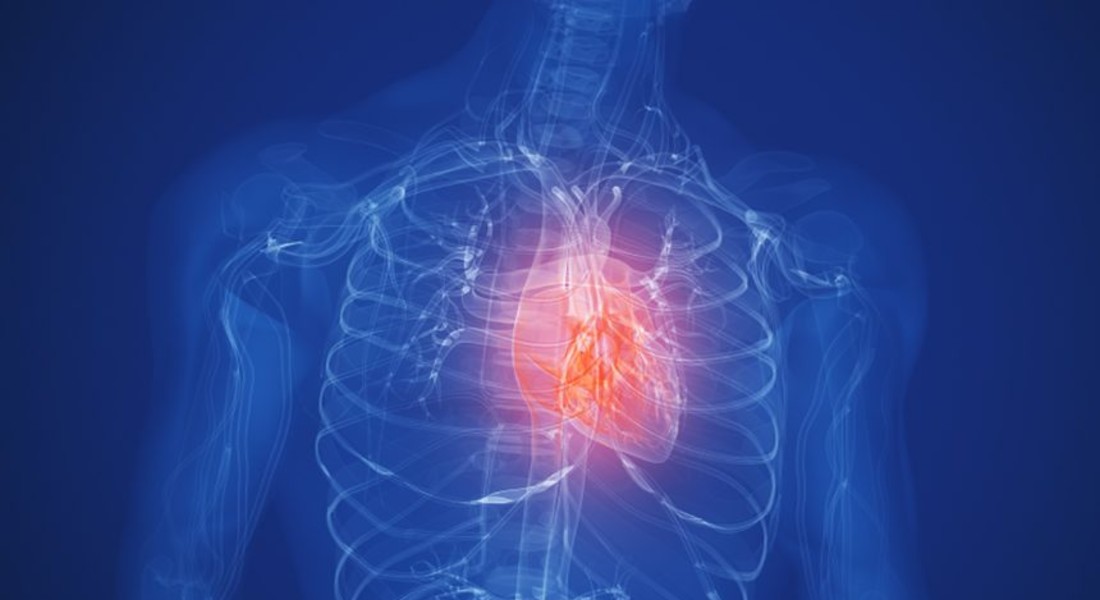Cardiommetabolic Health and Diseases in Global Populations

The aim of the course is to explore to which degree chronic diseases emerge in different populations on a global level. Main emphasis will be put on diabetes, hypertension, heart disease, and obesity. The course will provide the participants with a definition of the concept of ethnicity/race followed by investigations in different populations globally in order to show if and why chronic diseases are more prevalent in specific populations. In this field, studies in Europeans (Caucasians) are mainly used as a reference. Different questions will be addressed such as: are there biological differences between ethnic populations? Are the WHO definitions of for example overweight applicable in all populations? Do changes in lifestyle have the same effect in all populations? The concepts foetal programming and the metabolic syndrome will be defined and discussed. Furthermore, the course will make an attempt to look ahead and give a qualified guess with regards to the association between disease and susceptibility due to genetic admixture as a result of migration and urbanisation on a worldwide scale. Finally, the course will address the association between chronic and communicable diseases, which is highly prevalent in developing countries.
-
After completing the course the student is expected to able to:
Knowledge:
- Explain basic concepts of chronic diseases: diabetes, cardiovascular disease, and obesity;
- Master concepts of ethnicity and race in a historical and current context;
- Explain basic concepts of exposure variables associated with chronic diseases: genetics, nutrition, physical activity, overweight/obesity;
- Master concepts of foetal programming and the metabolic syndrome (dysmetabolism);
- Explain basic concepts of the association between chronic and communicable diseases;
- Reflections of ethnicity in the context of disease risk including potential consequences in the context of treatment and preventive medicine.
Skills:
- Read, evaluate and interpret results of original scientific reports on different (ethnic) populations, (disease) exposures, and diseases relevant to the course;
- Critically evaluate international standards of disease diagnosis by national and international bodies of health;
- Present results of scientific reports on ethnicity and chronic disease in a clear and sober manner. This includes evaluating ethnic admixture and its possible influence on the conclusions of the analyses given in the scientific reports.
Competences:
- Transfer hypotheses/theories of ethnicity and chronic disease in different populations to academia within health and medical courses in epidemiology, clinical and basic science;
- Transfer hypotheses/theories of ethnicity and chronic disease in different populations to health institutions and organisations and implement these for the purpose of optimising disease prevention, diagnosis and treatment;
- Professionally participate in health-related project collaboration in which ethnicity play a role either at the individual or population level for a project as a whole or as a specific objective.
The course will primarily have a bio-medical approach. Furthermore, the course fits well into studies such as public health science and medicine as well as nutrition, physiology and human biology. The course is also relevant for anthropology students with an interest in biological anthropology or IT and Health students. Basic knowledge of medical/human biological terminology is a requirement and to acquire skills within such terminology must be expected
Lectures and class teachings
-
- Category
Hours
Class Instruction
30 Exam
16 Exam Preparation
22 Preparation
138 Total
275
Self Service at KUnet
Open for credit transfer students and other external students. Apply here:
Credit transfer students:
https://healthsciences.ku.dk/education/study-information/credit-transfer-students/
Other external students:
https://healthsciences.ku.dk/education/student-mobility/guest-students/
Dirk Lund Christensen - Chief responsibility
Course details
